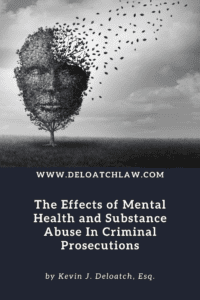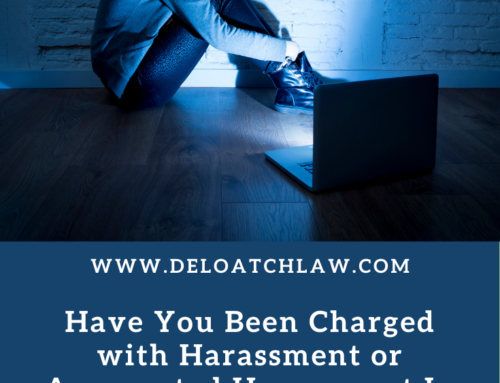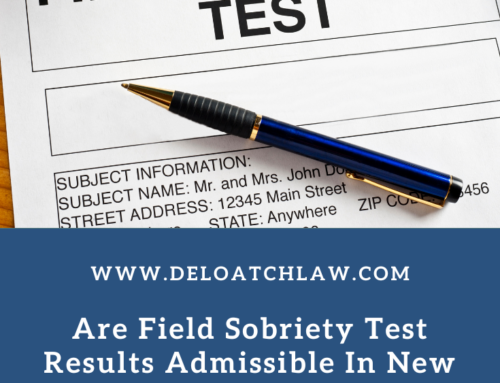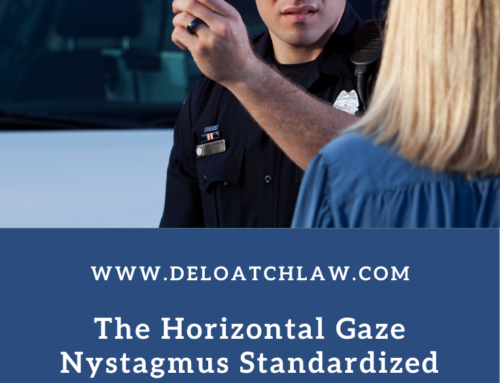 Quite often mental health and substance abuse issues can alter a person’s decision making to the point they may not understand the consequences of their actions. Suffering from such issues does not give license to commit crimes without repercussion, rather such issues can become mitigating circumstances for appropriate charging, and in some instances, preclusion from prosecution.
Quite often mental health and substance abuse issues can alter a person’s decision making to the point they may not understand the consequences of their actions. Suffering from such issues does not give license to commit crimes without repercussion, rather such issues can become mitigating circumstances for appropriate charging, and in some instances, preclusion from prosecution.
Intent vs. Negligence
With very few exceptions, criminal prosecution requires proving the accused had the requisite mens rea (i.e. mal-intent) to commit the crime. Indeed, the basis of criminal law is to hold people accountable for committing intentional acts that society has determined abhorrent, while tort law holds people accountable for unintentional acts (i.e. negligence).
But what happens when at the time the crime was committed, a person unable to comprehend the magnitude of their actions? The short answer is: It depends on the facts and circumstances of the case.
Unable to Formulate Intent Due to Lack of Ability
Lack of understanding has layers. At the most basic layer, if a person is unable to comprehend the consequences of their actions, they may not be able to be prosecuted for the crime. The inability to understand their consequences can be developmental (i.e. age), clinical (i.e. mental health) and/or physical (i.e. stroke or seizure).
For example, a two-year old child shooting and killing someone would probably not be charged with any crime, much less murder, even if they were angry at the person they shot and killed. That because a two year old child, developmentally, is unable to completely understand the consequences of their actions.
Similarly, an adult who suffers from certain mental illnesses may be incapable of understanding the consequences of their actions and may be determined to be incompetent to stand trial. Indeed, that is the purpose of New York Criminal Procedure § (CPL) 730 – Mental Disease or Defect Excluding Fitness to Proceed.
Mental Health and Substance Abuse Are Mitigating Factors
Sometimes the person’s inability to understand isn’t so severe that it prevents prosecution from all crimes, but rather becomes a mitigating circumstance that prevents them from being prosecuted or found guilty of the most severe consequences. For example, the person’s understanding could be muted from from a drug, legal or illegal.
For example in People v Register, 60 NY 2d 270 (1983) after a night of drinking, defendant shot a man fatally for no explained reason. Defendant was acquitted of intentional murder but convicted of depraved indifference murder.
Moreover a person’s lack of intent can be mitigated by mental health and/or medical issues. For example, in People v. Feingold, 852 NE 2d 1163 (2006) the defendant who suffered from depression attempted suicide by sealing himself in his apartment and turning on his gas stove. A spark from the refrigerator ignited the gas causing damage to the neighboring apartments with no serious injury to any of the occupants. The defendant’s conviction of first-degree reckless endangerment was overturned on appeal. In citing the trial judge the appellate judge concluded that the trier of fact (the trial judge) determined that the defendant lacked the requisite mens rea due to depression:
[t]his defendant was a plainly depressed individual, who committed an extremely reckless and foolish act not because of his lack of regard for the lives of others but because of his focus upon his troubles and himself. While being reckless, the defendant’s state of mind was not one of extreme wickedness, or abject moral deficiency, or a mischievous disregard for the near certain consequences of his irresponsible act.”
So the question becomes, “what’s the best remedy for crimes born out of mental health or substance abuse issues?”
Alternatives to Incarceration
Many jurisdictions, like New York have concluded that convicting and incarcerating people for certain actions stemming from mental health issues and/or substance abuse doesn’t benefit society. It doesn’t make society safer and the person doesn’t get the help they need to prevent future occurrences.
Thankfully there are in fact mechanisms in most jurisdictions to better deal with the underlying issues that caused the crime. For example in New York, there are various forms of alternatives to incarceration programs designed to deal with specific issues:
Each of these mechanisms attempts to deal with the underlying issue(s) that is/are related to the person’s criminal justice involvement and or reintegration into society.
What to Do If You Are Stopped and/or Arrested
So what should you do if you or someone you know are stopped and arrested for a crime? First and foremost, do not resist. Doing so usually results in the additional charge of resisting arrest. Secondly, you should remember you have rights.
The Fifth and Sixth Amendments of the United States Constitution provides every citizen and resident of the U.S. the right to remain silent and an attorney of their choosing in a criminal proceeding. In short, a person cannot be compelled to make a statement that could be self-incriminating.
Why Hire an Attorney?
As you have probably determined, navigating the criminal justice system is difficult and has serious consequences. The results of all criminal prosecutions are determined by the facts and circumstances of your specific case. A skilled defense attorney will analyze all the relevant issues including:
- Whether there is an issue of mental illness; and
- Whether there is an issue of substance abuse.
Remember, you have rights and the state/government still has the burden of proving all elements of the crime, including intent.
If you or someone you know has been charged with a crime in New York call the Law Office of Kevin J. Deloatch, Esq. at (646) 792-2156. The results of all criminal prosecutions are determined by the facts and circumstances of your specific case and the skill and experience of your defense attorney. Call today for a free consultation.








